Commercialization
- HOME
- COMMERCIALIZATION
Step-by-Step Approach
Our Process
Generate numerous product ideas by systematically searching through competitor analysis, current market trends, extensive literature reviews, and discussions with subject matter experts and potential customers.
The write-up evaluates the product’s feasibility, market potential, competitive advantage, alignment with company strategy, and profitability. It answers if there's a real need, competitive edge, and worth pursuing.
We use a systems engineering approach, proposing four product concepts for testing. Concept testing involves presenting ideas to target consumers for early feedback to identify the most appealing option.
Define the target market, value proposition, and early sales/profit goals; set year-one pricing, distribution, and marketing budget; and outline long-term growth and marketing strategy.
A review of sales, costs, and profit projections for a new product is conducted to determine if they align with the company’s objectives, assessing the product’s financial attractiveness.
The concept is developed into a physical or virtual product to ensure its feasibility as a viable market offering.
This stage tests the product and marketing program in realistic market settings, including controlled test markets and simulated test markets, such as beta testing, to assess performance and market response.
Introducing a new product into the market involves launching it to the target audience, executing marketing strategies, and monitoring performance to ensure successful adoption and growth.
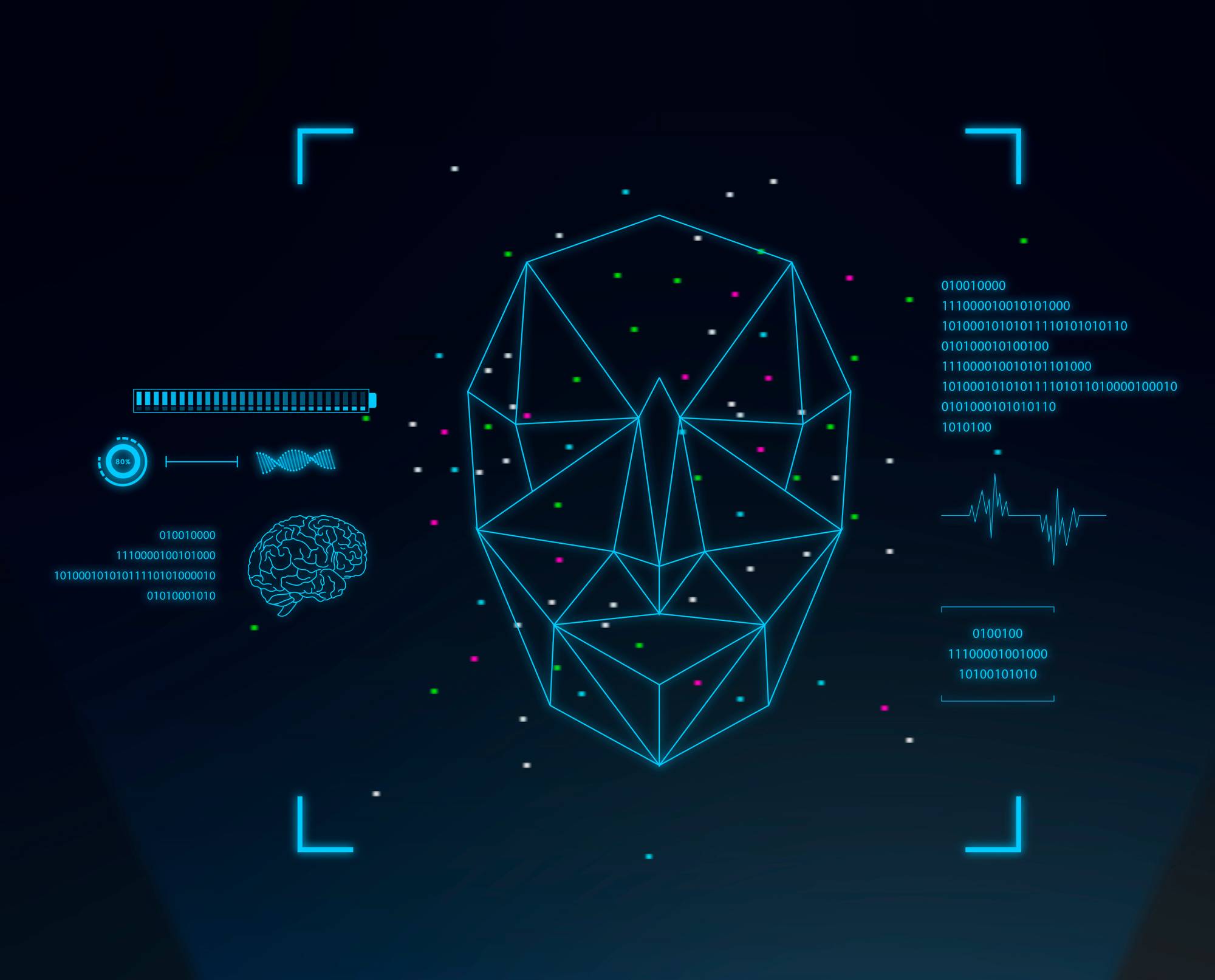
Computer Vision AI
Pixel-Level Vibration Analysis
Understanding ViDeoMAgic
How ViDeoMAgic Works
VIDEO CAPTURE
A continuous video stream of an area is processed of the object(s) being monitored.
DATA PROCESSING
ViDeoMAgic uses phase-based optical flow methods to process all pixel motions in the video continously.
ANALYSIS
Extracts displacement time histories, natural frequencies, damping ratios, and mode shapes at pixel-level resolution.
MACHINE LEARNING
Applies unsupervised machine-learning techniques to automatically decompose high-dimensional data into dynamic properties.
Use Cases
Applications for ViDeoMAgic are as follows:
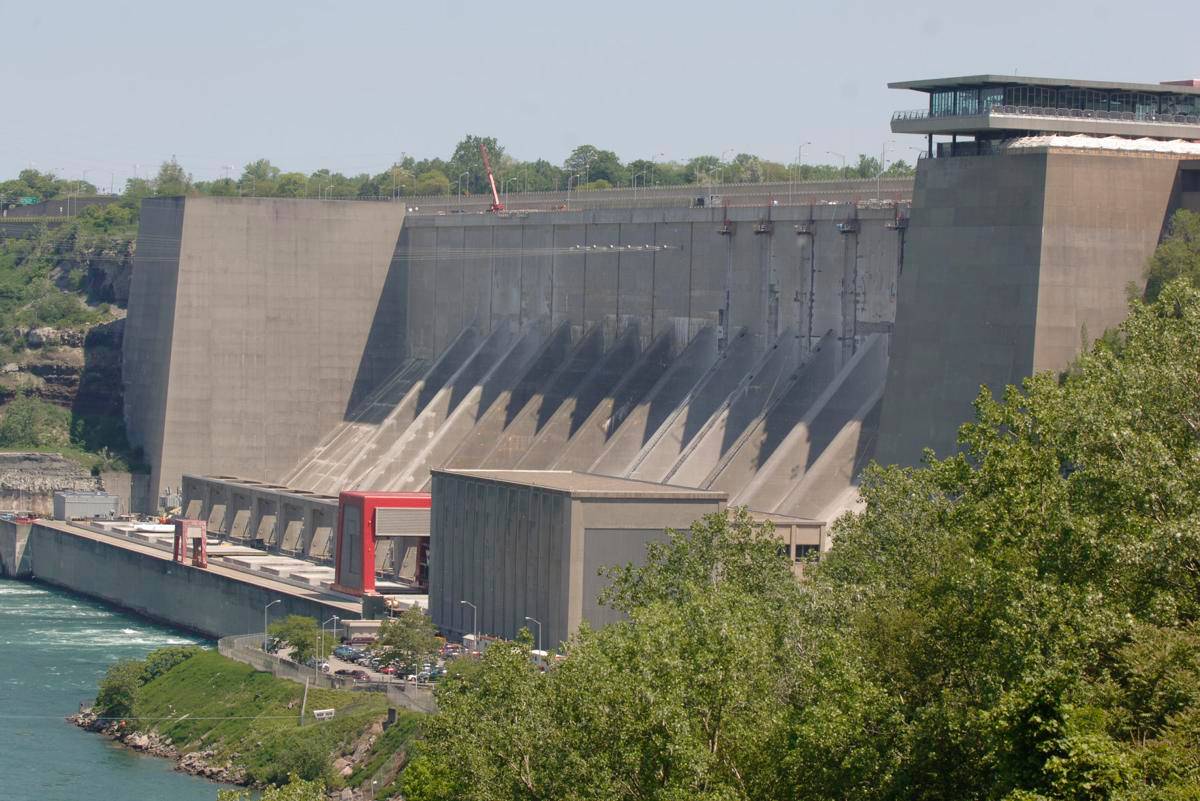
Renewable Energy Systems
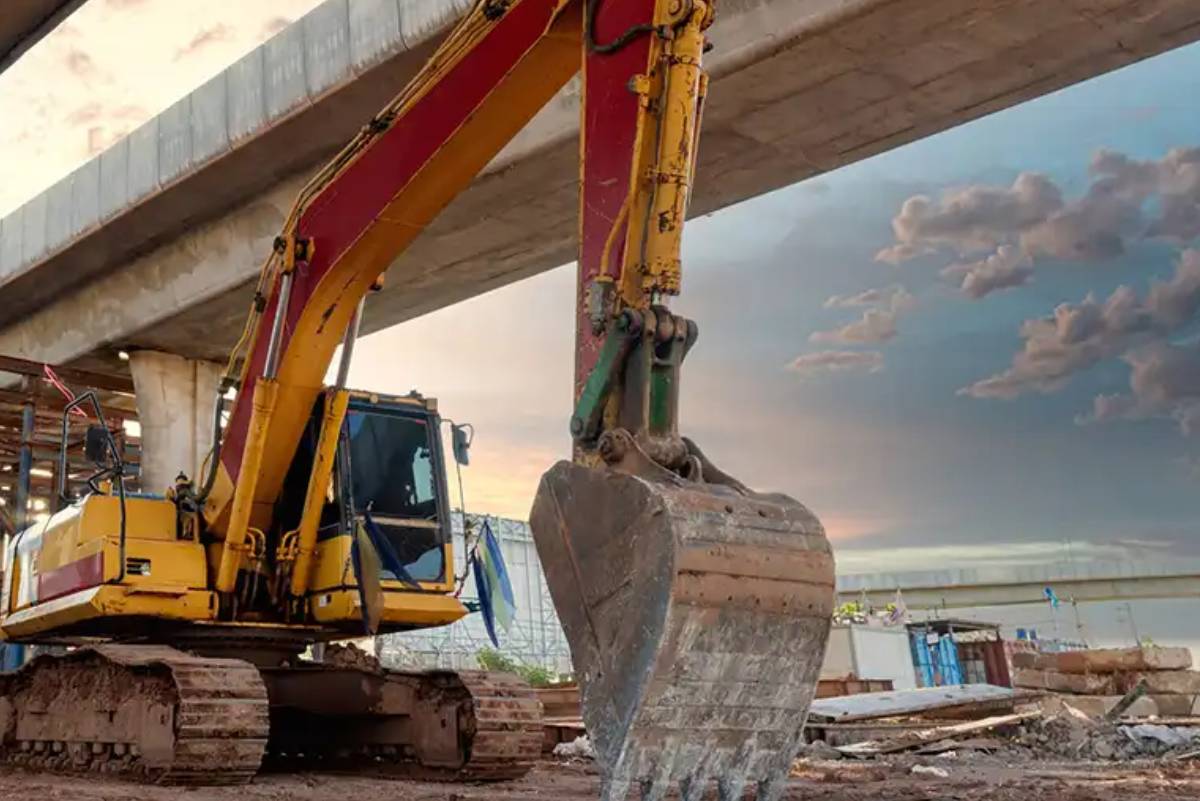
Civil Infrastructure
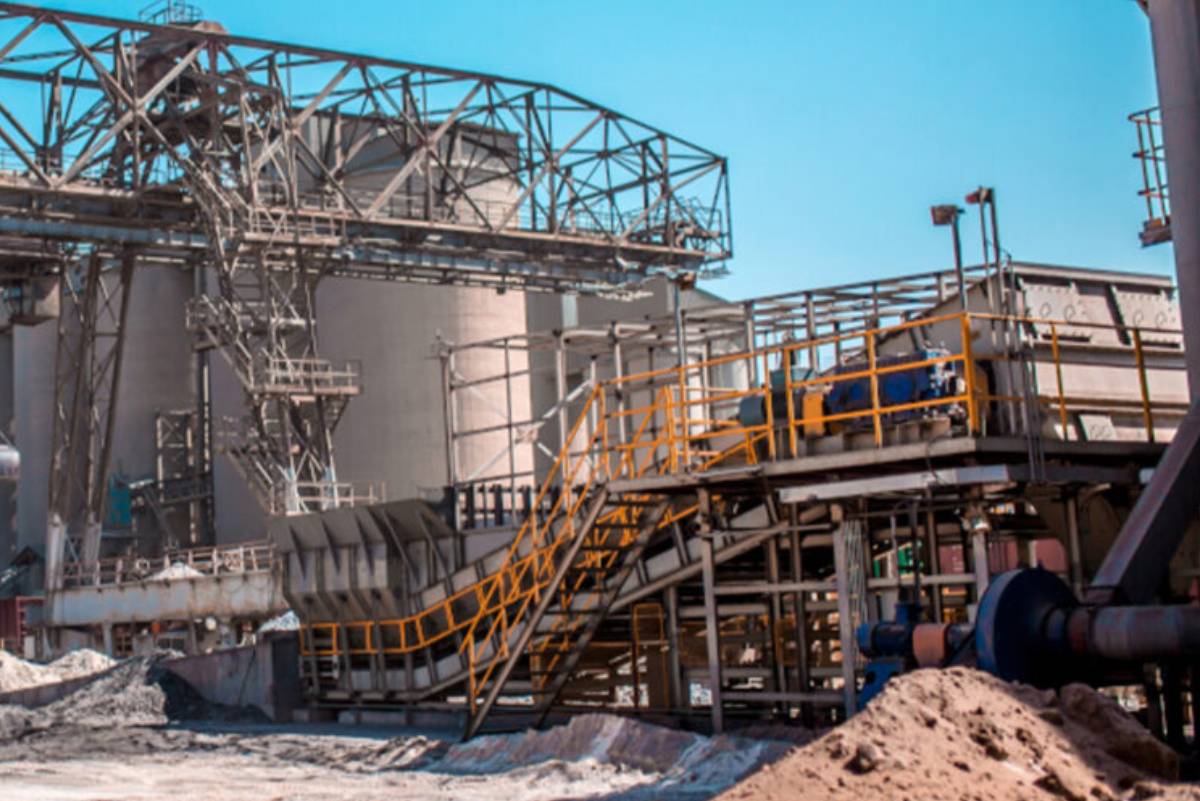
Metals and Mining

Oil and Gas
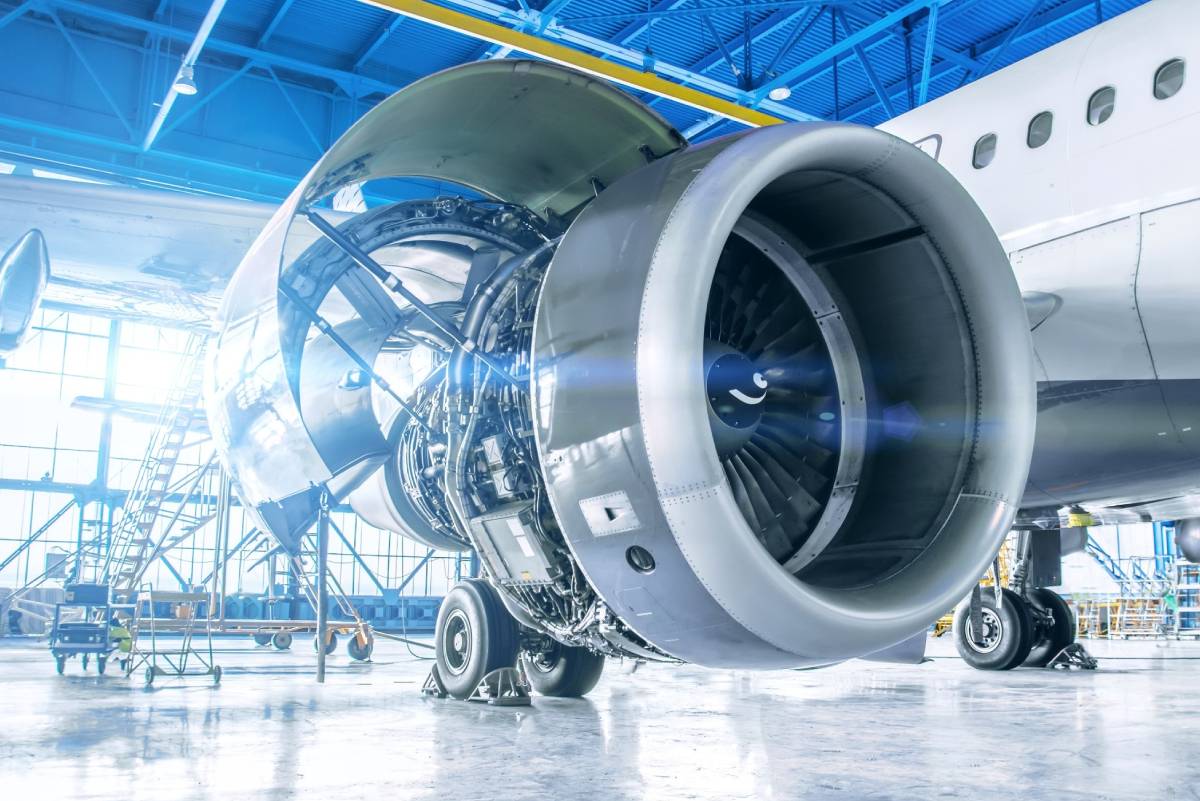
Aerospace

Auto Industry
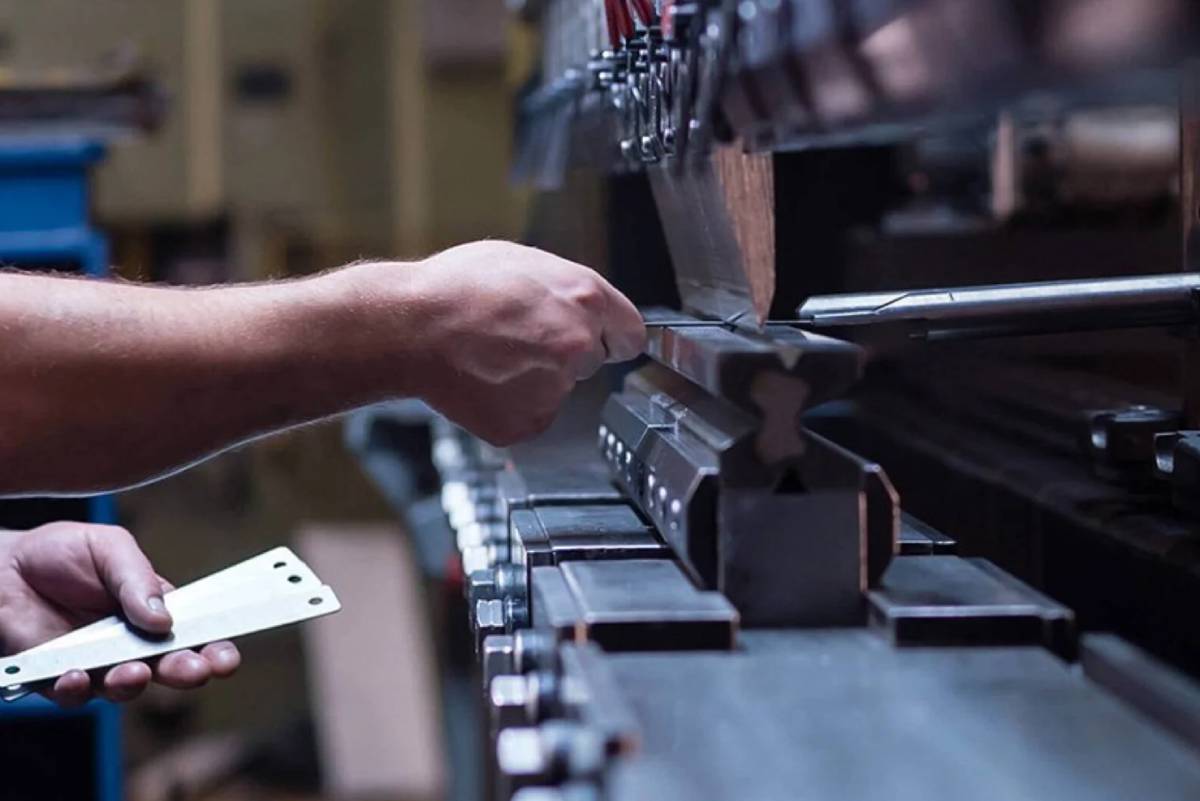
Manufacturing Applications

Telecommunications

Remote Sensing Imagery
ViDeoMAgic Monitoring in Motion
Condition Monitoring in Action
Sensatek’s Vision AI-based condition monitoring technology is designed to address a wide range of critical industrial applications where early detection of mechanical anomalies is absolutely essential. From rotating equipment in power plants to pumps, motors, and turbines in complex manufacturing environments, our intelligent system provides accurate, real-time insights without the need for complex wiring or operational downtime.
Case Studies
Case Studies
Hydro Power
Renewable Energy
TekMining Pros
Cryptocurrency Mining
TurboTrack
U.S. Air Force
Wind Turbine
Constellation Energy
Lizard Eye
Industrial Monitoring
Contact With Us
Feel Free to Get in Touch

Visit Now
1 Aerospace Boulevard MicaPlex Suite 204 Daytona Beach, Florida 32114


